READY TO GET STARTED?
REQUEST A FREE ESTIMATE
Fill out the form below or call (888) 466-7849 for a free, no-obligation estimate.
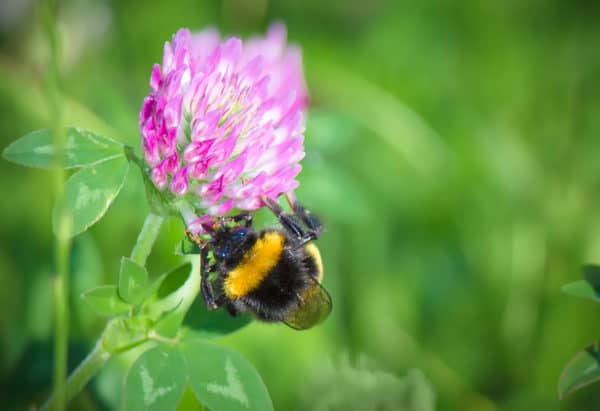
A household pest is any undesired animal that has a history of living, invading, causing damage to, eating food from, acting as a disease vector for, or causing any other harm to a human habitat. While most are considered a nuisance, household pests become dangerous when they pose a risk to health, property, or lifestyle. Household pests aren’t just limited to insects; they also include arachnids, rodents, and wildlife.
While household pests can be found year-round, some are more common in the summer months. Here are 8 of the most common summer household pests and how you can prevent them.
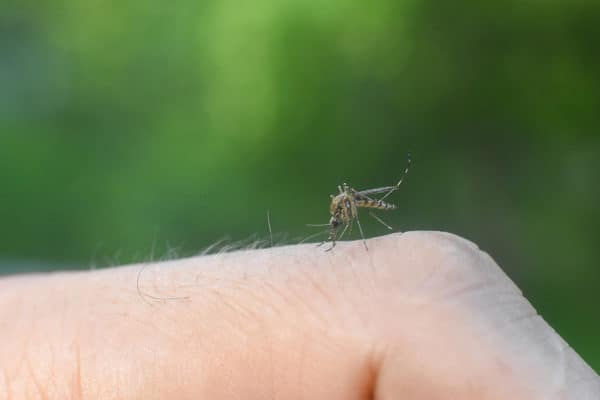
Mosquito season peaks in the summer months. The warm weather and humid environments accelerate their life cycle so they are able to reproduce in large numbers during this time. You are most likely to see mosquitoes when you have standing water on your property. Mosquitoes lay eggs in standing water and the hot, humid climate in summer is ideal for both breeding and to find food sources. Mosquitoes are dangerous to humans as they carry pathogens that can cause serious diseases like Zika and West Nile virus.
Mosquitoes can be prevented by:
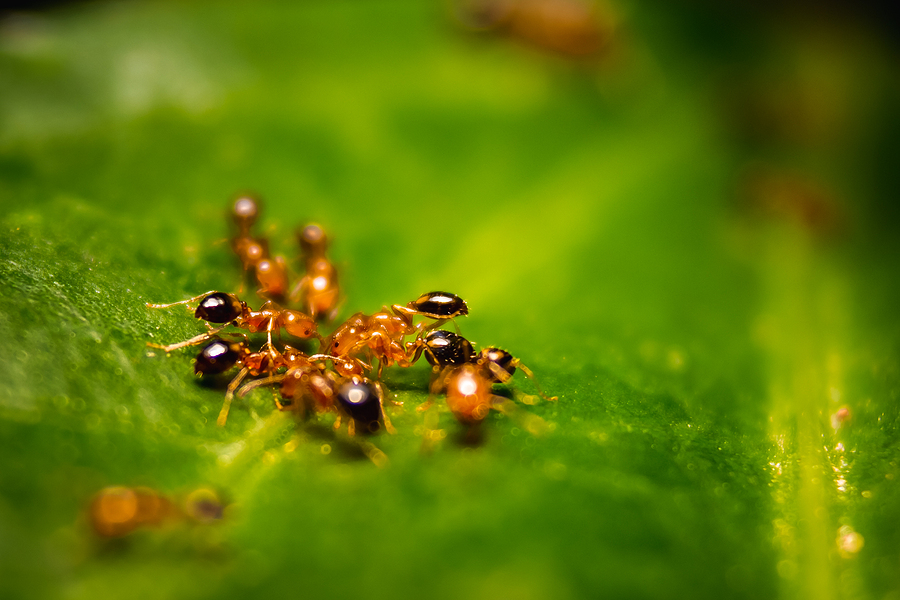
Ants hibernate in the winter and come out in full force over the summer. They have to forage in the summer months to feed their growing colonies and to build up their reserves for fall. Ants are usually seen indoors in the summer because they are searching for food and water as these can become scarce for them.
Ants can be prevented by:
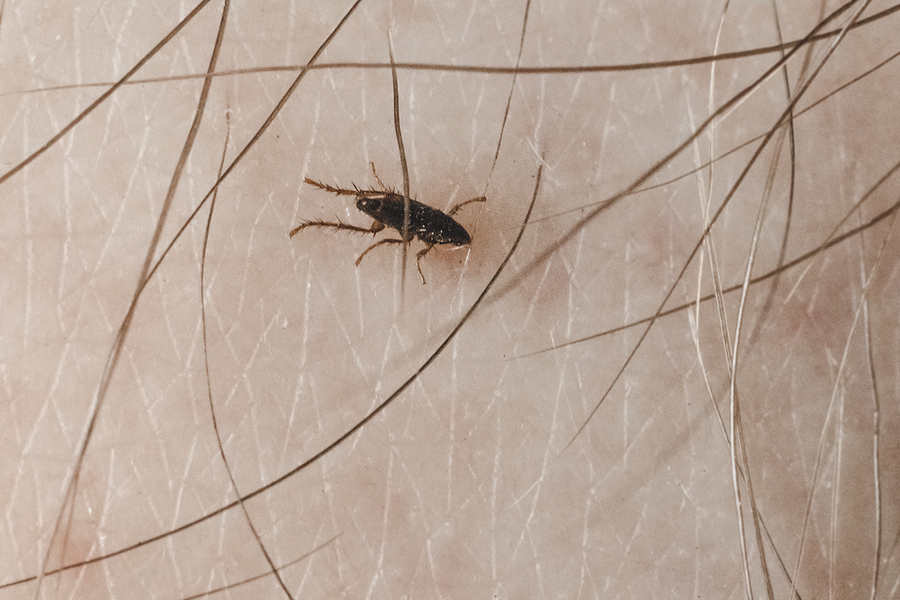
Fleas are prevalent in the summer months, although they can be found on pets year-round. Pets will indicate the presence of fleas by scratching and biting when they come in from outdoors.
Fleas can be prevented by:
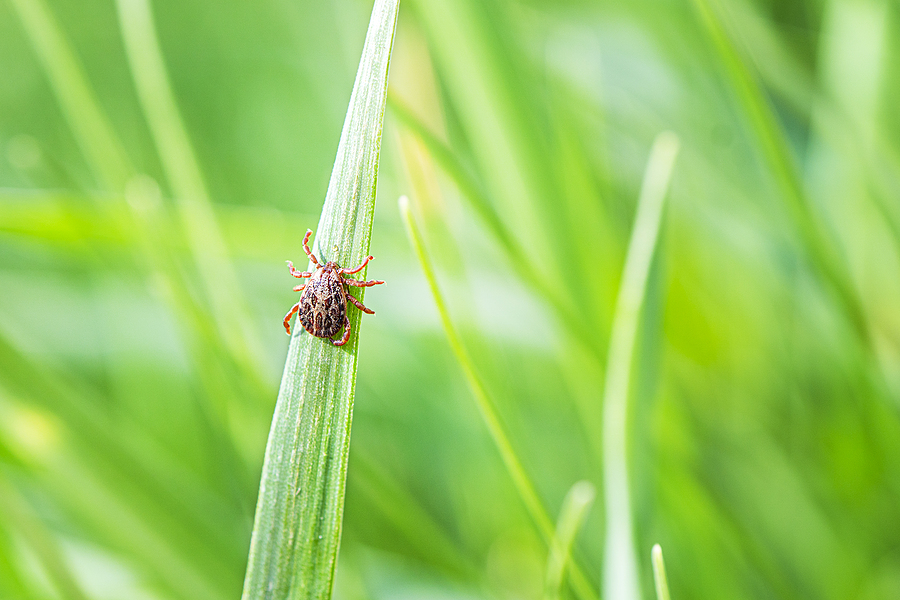
Ticks are problematic to humans and pets because they spread diseases like Lyme disease and Rocky Mountain spotted fever. Tick bites increase in the summer because people and animals are spending more time outside. The US is also seeing an increase in ticks because of the combination of mild winters and an increased population of deer and rodents which are known to carry ticks.
Ticks can be prevented by:
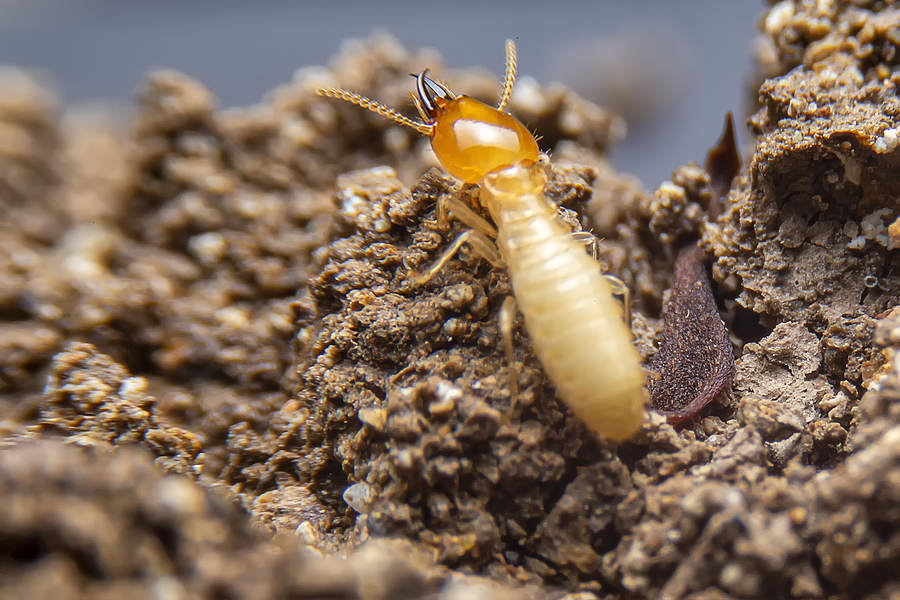
Termite swarming season is in the spring but these newly established colonies grow exponentially in the summer. Termites can go long periods of time undetected, causing significant damage to your home. It is important to keep an eye out for signs of termites so you can catch them early.
Termites can be prevented by:
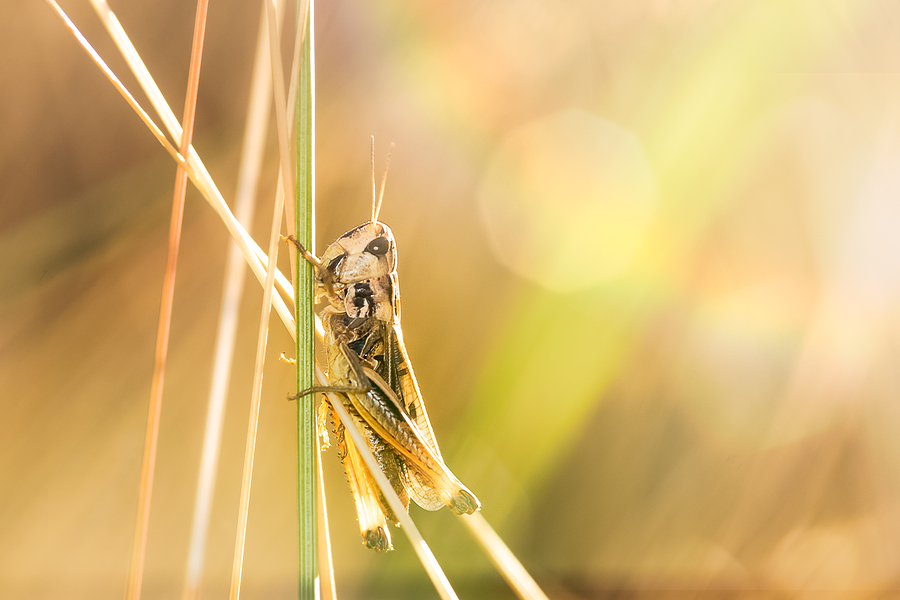
While most people view grasshoppers as just a nuisance pest, they can be devastating to gardeners and farmers. Grasshoppers can devour an entire field of crops in just a few days. Grasshoppers surge in large numbers in the summer months and are most prevalent in dry, hot summers. Grasshoppers can also cause damage to non-farmers as these are one of the only pests that can chew through screens.
Grasshoppers can be prevented by:
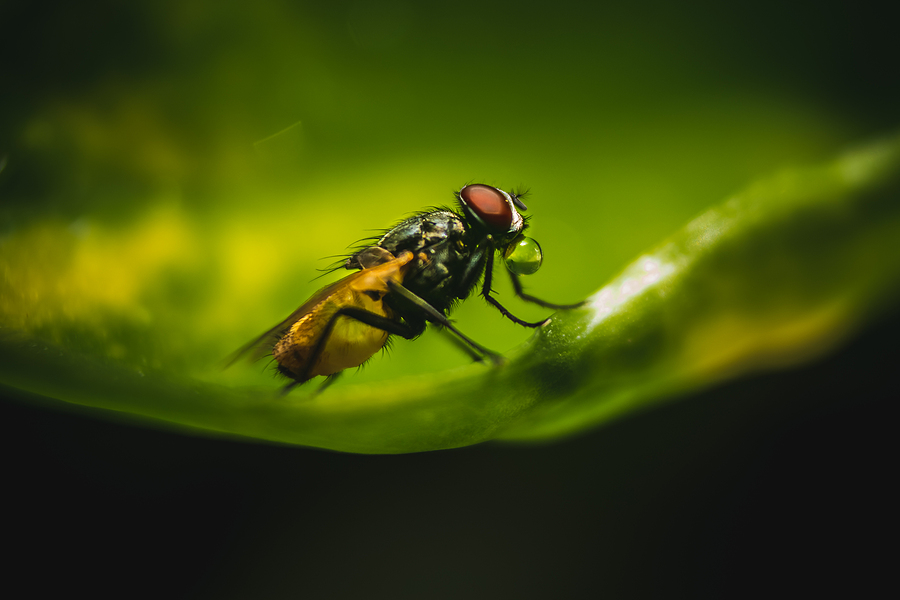
Flies invade your home in the summer months to escape the heat. They only reproduce during the hotter months and reproduce even more prolifically when they get indoors. Flies will stick around well into the fall months.
Flies can be prevented by:
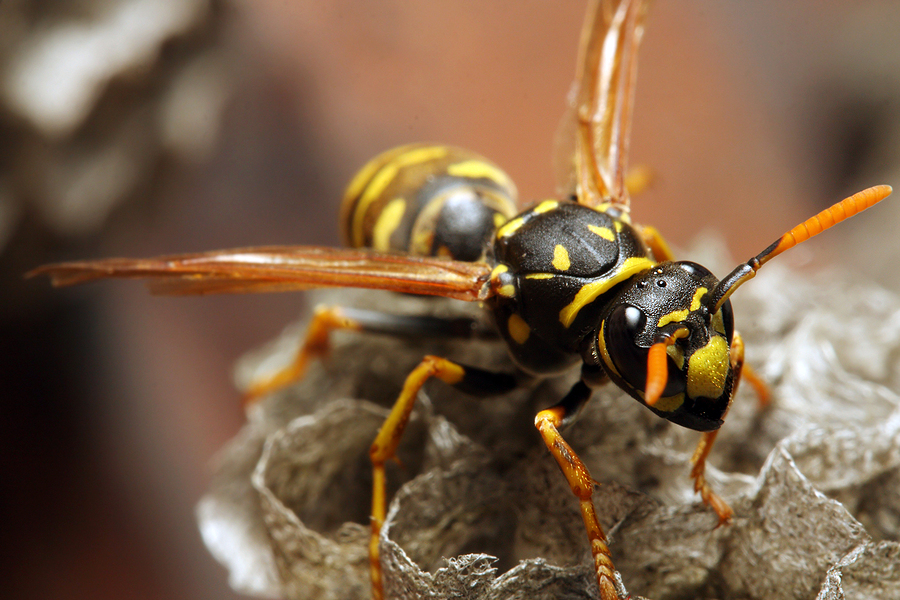
Stinging insects mate in the spring and their populations grow during the summer months. Hornets and yellow jackets are especially common in the summer because they have to establish new nests each year. These are usually found under decking or under piles of leaves. These stinging insects are potentially dangerous for people with allergies. Yellow jackets and bees can also get into the walls of homes, causing significant damage.
Stinging insects can be prevented by:
Don’t let these common summer pests ruin your summer. If you have a problem with any of these pests, contact a professional pest control company who can help eliminate them safely and prevent them going forward.
Termites: How to Stop Their Damage
Categories